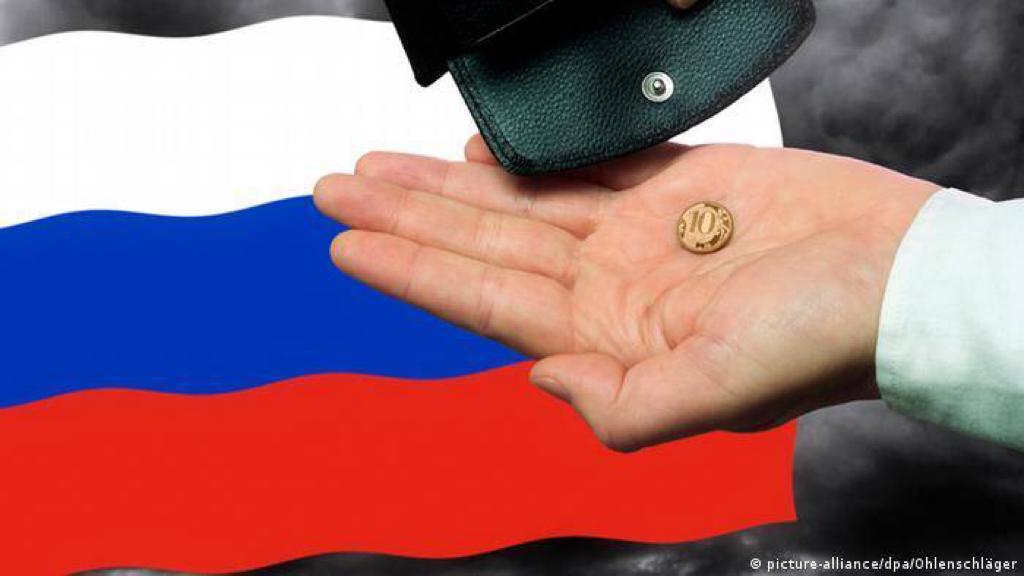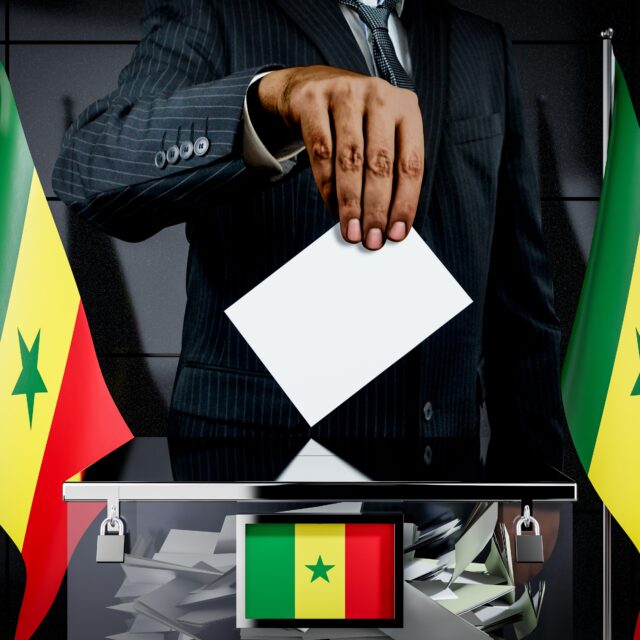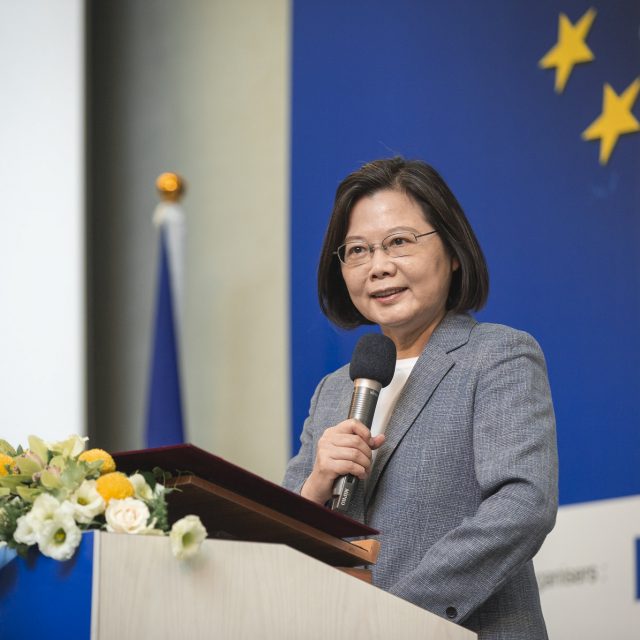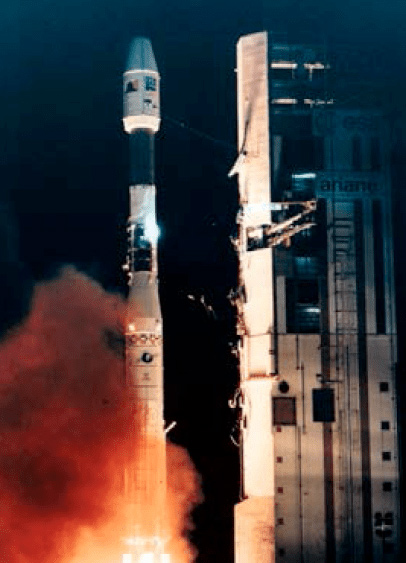A week ago, it would have been hard to believe that the Kremlin would ever backtrack.
A country in the geographical centre of Europe was about to fall in a matter of days under the onslaught of the second most powerful army in the world. But that has not happened. Instead, the aggressor has been defeated not only militarily, but also politically, ideologically, economically and socially.
By the third round of Ukrainian-Russian negotiations, Russia’s demands on Ukraine have shrunk to two: to recognise the puppet LDNR, agree to the annexation of Crimea, and not to join NATO. Moscow is backtracking, claiming that the tasks of demilitarisation have been completed. At the same time, denazification is no longer mentioned. The “red lines” have become dotted. But this is not the end. In the near future, they may simply vanish.
Sanctions pressure on Russia should be considered together with the decision of transnational corporations to withdraw from the Russian market. The pressure of restrictions continues to increase every day, bringing down the ruble exchange rate and stock prices of Russian companies. Leading global brands are leaving the Russian market or stopping their production. In just a week and a half, the Russians have been left with a huge exit of foreign products from the market.
The first to feel unemployment and a sharp drop in income will be the service sector, which accounts for up to 67% of all Russian jobs. This sector can be considered dead, since domestic consumption of services is on the verge of collapse. The only potentially safe jobs will remain in the public sector, which was poor even in “well-fed” times. But this accounts for 42% of employment. When there is extreme shortage of finance, the security bloc (which employs 5 million security officials who do not create anything, but are a cost centre) will look relatively safe, but this is also temporary. Industry and agriculture are next in terms of employment, accounting for 30% of the able-bodied. Taking into account the closure of foreign production facilities and the cessation of supplies of components to state-owned enterprises, they are also expected to stop. A good example is AvtoVAZ, which already stopped last fall, and has now lasted only a week. There is nothing “domestic” in the Russian economy. Almost everything is produced using imported technologies and parts. The nationalisation of foreign industries at the prompting of the United Russia party is unable to perform without foreign supplies, management and technology.
As far as agriculture is concerned, the dependence of seed material by 80% on foreign supplies is already laying the foundation for a future humanitarian catastrophe throughout Russia on the eve of the sowing season. There is the same dependence on the West in poultry farming. Russia can still count on China’s help, but Beijing’s attitude to all issues of international cooperation has always been pragmatic. Therefore, in the end, the price of any support from China for Moscow may be high.
Russian pensioners, make up a third of the total population of the Russian Federation. But when the foreign assets of the Russian Central Bank are frozen, the issue of paying pensions in the long term looks problematic. In summary, the collapse of industry and the agricultural sector, a sharp increase in unemployment, a drop in consumer demand and, accordingly, tax collection will lead to a collapse in the standard of living of Russians, which was not high even before the war.
Today, the Kremlin is trying to replace the filling of the refrigerator with pseudo-patriotic hysteria. However, even before the war there were problems with this. In a system collapse, the refrigerator will always win over the TV.
But the current snowballing problems are only part of a larger tragedy. World human rights organizations are actively working and accumulating facts of the atrocities of the Putin regime in Ukraine. The Office of the UN High Commissioner for Human Rights in Geneva monitors the death of civilians from the actions of Russian terrorist troops. On March 7, in The Hague, the hearings of the International Court of Justice on the lawsuit of Ukraine against the Russian Federation in the case of genocide began. Representatives of the Russian Federation do not participate in them.
But regardless of whether Moscow recognizes the verdict, Russia will face a crippling amount of the to reparations to compensate the destroyed infrastructure of Ukraine. This debt alone may force Russia to auction the land reserves of the Russian Federation. The implementation of Putin’s plans is in a nutshell destroying the comfort of Russians and their hopes for the future. It dooms their younger generation to a debt ridden future of poverty.
Before Putin had time to try on the uniform of the “conqueror” of Russian lands, he is turning out to be the liquidator of the last “empire” in Europe.




